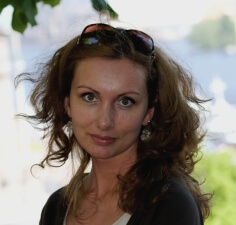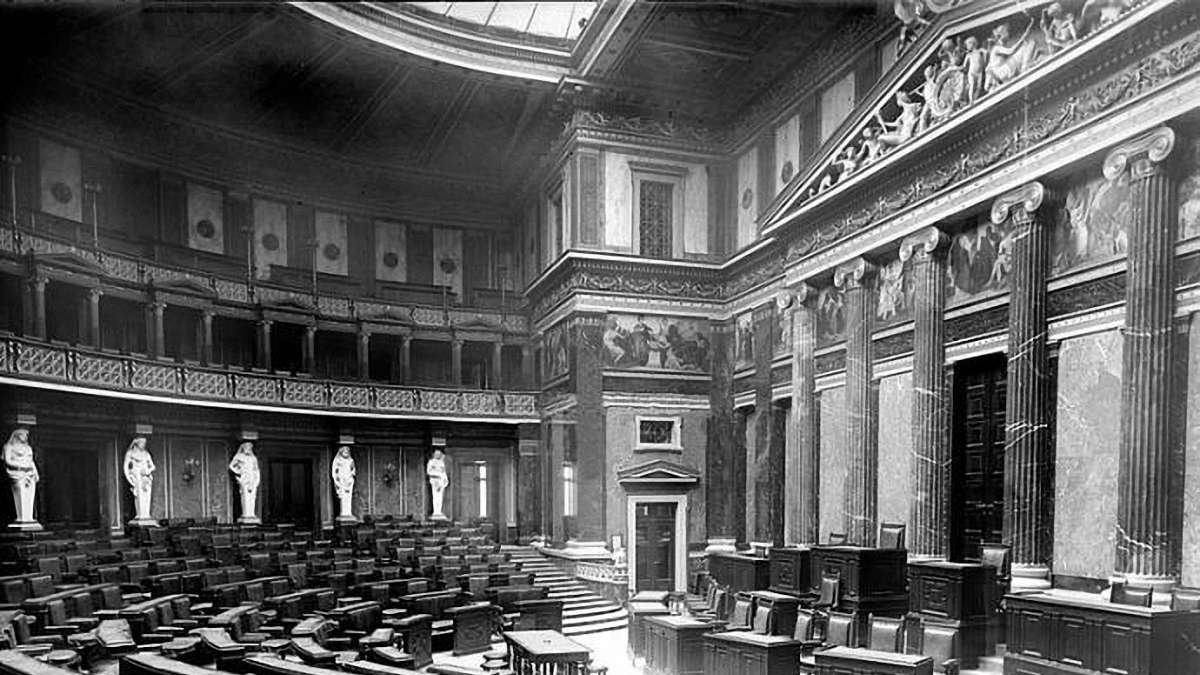Elections in Lviv during the Years 1861–1914 as a Pretext to Illustrate the City’s Social and Political Potential
Magdalena Semczyszyn
Institute of National Remembrance, SzczecinDecember 16, 2011
Center for Urban History, Lviv
Magdalena Semczyszyn, this year's Resident Scholar, presented her research.
As part of the project, the author proposes to view the election campaigns in Lviv for the Galician National Sejm, and – starting from 1873 – for the Imperial Council of Austria, and utilize this information for the analysis of social relations within the city. The author uses an interdisciplinary approach, which affords the possibility to analyze the complex social relations during the rise of contemporary political movements and national categories. Apart from determining the social-demographic profile of the voters and candidates themselves, the project will attempt to present election campaigns as phenomena linked with the city, shaping the views of its residents (not only those of eligible voters) and stimulating estrangement, and at times open conflict between citizens. Although the voters constituted only a small group among the city’s population, the election campaigns – as Jan Lam wrote – invoked a "voting frenzy"in Lviv, and paralyzed everyday life for several weeks. At the turn of the 20th century, with the appearance of postulates to hold general and equal elections, election campaigns became more aggressive in form. Politics, as the key to a happier life, began to interest many social groups.
In summation, the project encompassed the following topics:
- Lviv as the center of political groups and hub of the formation of political ideas
- Election rhetoric: the term "national solidarity" and "national candidate", debates between candidates
- Social engineering and election propaganda: brochures, rallies, posters, satire, pre-election gatherings, fliers, religious ceremonies and masses, paid canvassers, election-related customs, local election symbolism (relating to the city’s history)
- Election-related fraud and protests
- Social-demographic profiles of Lviv voters
- Polish-Jewish and Polish-Ukrainian relations during the elections
- The increase in the political awareness of the city’s residents
- Non-voters' engagement in the elections

Magdalena Semczyszyn
is a historian, and graduate of the Department of History and International Relations at the University of Szczecin. Since 2006, she has worked at the Branch Office for Public Education, Institute of National Remembrance in Szczecin where she researched mainly the local works of national minorities. She’s also interested in Polish-Ukrainian relations in the XIX-XX centuries. Magdalena Semczyszyn is currently working on a doctoral dissertation, entitled The Activities of the Central Voting Committee in the Light of Nationality-Related, Social and Political Problems in Eastern Galicia during the Years 1867–1906. She has written scholarly articles on this topic and has co-edited and translated for the book Wielki terror na Ukrainie. Operacja polska 1937-1938, t. 1-2, Warszawa 2010. (Great Terror in Ukraine. The Polish Operation of 1937-1938).
